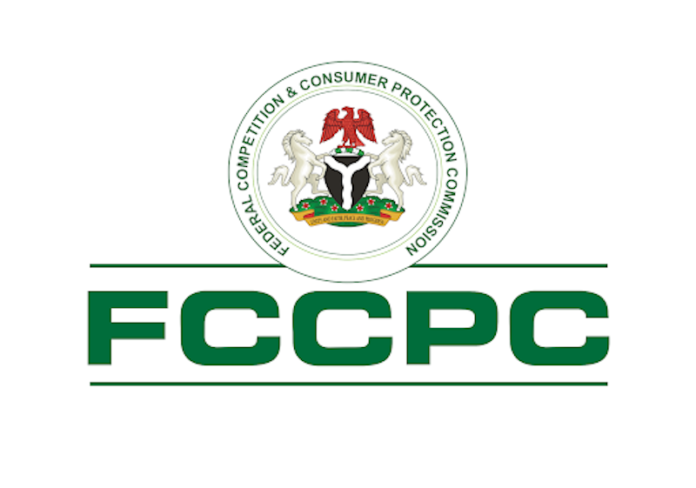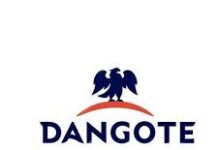Subscribers petition NCC, FCCPC over rapid data depletion
Telecom subscribers are sending emails and direct messages to the Nigerian Communications Commission and the Federal Competition and Consumer Protection Commission, demanding an investigation into what they describe as unexplained data consumption.
Operators insist that there is no mechanism for reducing customers’ data, arguing instead that rising consumption is due to user behaviour, particularly the shift from 3G and 4G to 5G and increased video streaming habits.
The controversy comes as the Nigerian Senate, last Wednesday, urged the Federal Ministry of Communications, Innovation, and Digital Economy to engage operators on reviewing data and internet-related service costs.
While data consumption concerns have remained a pressing concern in recent times, the situation became more pronounced since the implementation of a 50 per cent tariff hike on data and call prices in February.
Over the weekend, some of these operators’ customer service teams engaged with frustrated customers on social media, offering data management tips.
However, many subscribers who shared screenshots of emails sent to regulators on social media and obtained by this reporter remained unconvinced, arguing that the problem lies in the operators’ billing systems rather than their usage habits.
“Data prices are too high these days. Every Nigerian should report the operators to NCC, FCCPC, and send them thousands of emails; otherwise, this price hike won’t stop,” one of the customers said.
“Not only has data become more expensive, but it also seems to deplete faster than before. This is unacceptable,” another user complained.
Nigeria’s internet consumption crossed the one million terabyte mark for the first time in January 2025, highlighting the surging demand for internet services and Nigeria’s increasing dependence on digital connectivity.
The regulator’s spokesman did not respond to messages.
An executive at a major telecom company, who was not authorised to speak on the matter, said that as more users transition to 5G, data usage has naturally increased—just as it did when the industry moved from 2G to 3G and from 3G to 4G.
“5G is expanding, and we are seeing more people move from 4G to 5G. The same trend happened when we transitioned between previous network generations. The reality is that as people access faster internet, they consume more data,” the official told The PUNCH during a telephone chat.
In July 2024, the NCC required telecom operators to simplify tariff plans, provide clear billing information, and conduct independent audits of their systems to address data depletion complaints. So far, none of the operators have been found wanting by the regulator as of the time of writing this report.
Telcos are also arguing that data quantities are standardised globally, meaning that 1GB in Nigeria is the same as 1GB anywhere else in the world. The difference, they say, comes from how users consume their data.
“There’s no difference in the quantity of data, whether you’re in Nigeria, the US, or Europe. What changes is how people use it. If you’re streaming a lot or downloading large files, your data will go faster. But there’s no way for us to just deplete it on our own,” another telecom insider explained.
The rising demand for data services is now the primary driver of telecom revenue, positioning telecom companies to benefit significantly from this growth.
Nigerians rank fifth globally in daily social media usage, spending an average of three hours and 23 minutes per day on platforms like Instagram, Facebook, and others.
In its financial report ending December 2024, MTN’s revenue rose by 36 per cent to N3.36tn in 2024, up from N2.47tn in the previous year, driven by continued demand for data and digital services.
Airtel Nigeria’s data revenue fell to $344m for the nine months ending December 31, 2024, marking a decline from $539m recorded in the corresponding period of the previous year.
“We are positioning ourselves to capture the opportunities of growth for the next 10 years. The demand for data in Nigeria is exceptional and will continue to grow,” the CEO of MTN Nigeria, Karl Toriola, told Arise TV in January.





















